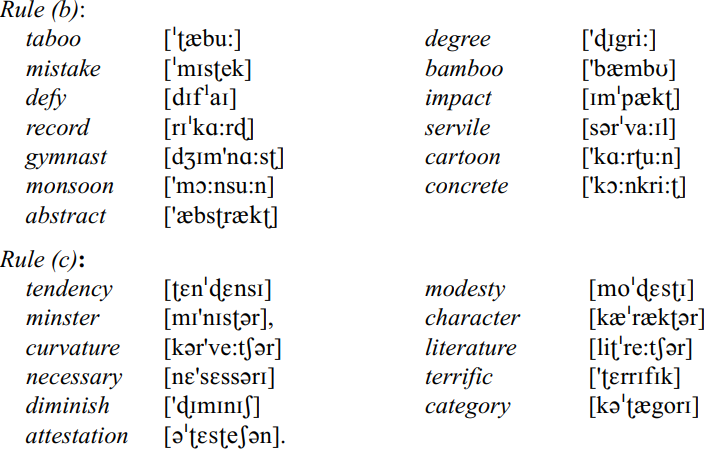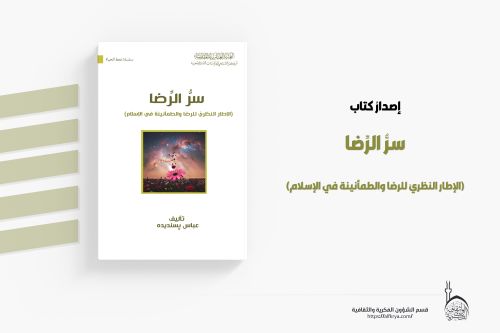

Grammar


Tenses


Present

Present Simple

Present Continuous

Present Perfect

Present Perfect Continuous


Past

Past Continuous

Past Perfect

Past Perfect Continuous

Past Simple


Future

Future Simple

Future Continuous

Future Perfect

Future Perfect Continuous

Passive and Active


Parts Of Speech


Nouns

Countable and uncountable nouns

Verbal nouns

Singular and Plural nouns

Proper nouns

Nouns gender

Nouns definition

Concrete nouns

Abstract nouns

Common nouns

Collective nouns

Definition Of Nouns


Verbs

Stative and dynamic verbs

Finite and nonfinite verbs

To be verbs

Transitive and intransitive verbs

Auxiliary verbs

Modal verbs

Regular and irregular verbs

Action verbs


Adverbs

Relative adverbs

Interrogative adverbs

Adverbs of time

Adverbs of place

Adverbs of reason

Adverbs of quantity

Adverbs of manner

Adverbs of frequency

Adverbs of affirmation


Adjectives

Quantitative adjective

Proper adjective

Possessive adjective

Numeral adjective

Interrogative adjective

Distributive adjective

Descriptive adjective

Demonstrative adjective


Pronouns

Subject pronoun

Relative pronoun

Reflexive pronoun

Reciprocal pronoun

Possessive pronoun

Personal pronoun

Interrogative pronoun

Indefinite pronoun

Emphatic pronoun

Distributive pronoun

Demonstrative pronoun


Pre Position


Preposition by function

Time preposition

Reason preposition

Possession preposition

Place preposition

Phrases preposition

Origin preposition

Measure preposition

Direction preposition

Contrast preposition

Agent preposition


Preposition by construction

Simple preposition

Phrase preposition

Double preposition

Compound preposition


Conjunctions

Subordinating conjunction

Correlative conjunction

Coordinating conjunction

Conjunctive adverbs


Interjections

Express calling interjection


Grammar Rules

Preference

Requests and offers

wishes

Be used to

Some and any

Could have done

Describing people

Giving advices

Possession

Comparative and superlative

Giving Reason

Making Suggestions

Apologizing

Forming questions

Since and for

Directions

Obligation

Adverbials

invitation

Articles

Imaginary condition

Zero conditional

First conditional

Second conditional

Third conditional

Reported speech


Linguistics

Phonetics

Phonology


Semantics


Pragmatics

Linguistics fields

Syntax

Morphology

Semantics

pragmatics

History

Writing

Grammar

Phonetics and Phonology

Semiotics


Reading Comprehension

Elementary

Intermediate

Advanced


Teaching Methods

Teaching Strategies
Word stress/accentuation
المؤلف:
Ravinder Gargesh
المصدر:
A Handbook Of Varieties Of English Phonology
الجزء والصفحة:
1000-58
2024-06-09
1032
Word stress/accentuation
Word accentuation in IndE shows a heavy influence of the filter language(s). It is observed that in IndE a syllable of a word is more prominent than in RP. A careful examination shows that there is significant correlation between the weight and position of syllables within a word and their prominence. The problem can be explained by accepting the tripartite division of syllable types in terms of their weight: (a) Light = (C)V, (b) Heavy = (C)V: /VC, and (c) Extra–heavy = (C)V: C/(C)VCC.
The following rules of accentuation broadly appear to apply in IndE:
(a) All monosyllabic words are accented irrespective of the quantity of the syllable.
(b) In bisyllabic words the primary accent falls on the penultimate syllable if it is not followed by an extra–heavy syllable, otherwise the primary stress would full on the ultimate syllable.
(c) In trisyllabic words the primary accent falls on the penultimate syllable if it is heavy by nature or position, otherwise it falls on the antepenultimate syllable.
The above rules can account for the placement of primary accent in a word of IndE. The first of these rules leads to the tendency of providing relatively strong stress to weak syllables such as in auxiliary verb forms, articles etc. Rules (b) and (c) go on to provide primary stress to a syllable in a polysyllabic word. Thus, for the application of rules (b) and (c) the following examples can be viewed:

In the case of compounds the leftmost primary stress is generally retained. Thus:

As a result of the rules of accentuation many times the shift of accent due to grammatical factors is not observable. Thus the noun and verb form often remain the same: permit  ; transfer
; transfer  ; impact
; impact  ; protest
; protest  .
.















 قسم الشؤون الفكرية يصدر مجموعة قصصية بعنوان (قلوب بلا مأوى)
قسم الشؤون الفكرية يصدر مجموعة قصصية بعنوان (قلوب بلا مأوى) قسم الشؤون الفكرية يصدر مجموعة قصصية بعنوان (قلوب بلا مأوى)
قسم الشؤون الفكرية يصدر مجموعة قصصية بعنوان (قلوب بلا مأوى) قسم الشؤون الفكرية يصدر كتاب (سر الرضا) ضمن سلسلة (نمط الحياة)
قسم الشؤون الفكرية يصدر كتاب (سر الرضا) ضمن سلسلة (نمط الحياة)

















